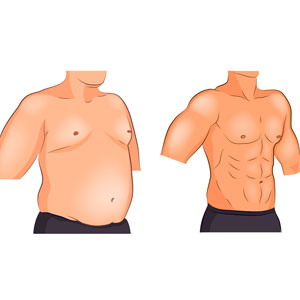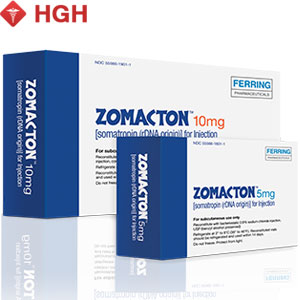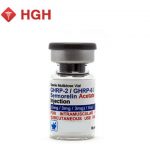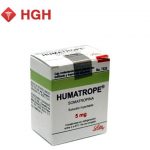Gynecomastia is a condition that can have a serious psychological impact on a man's life.
With gynecomastia, a man's breast tissue becomes enlarged, and this gives the male chest the appearance of female breasts. This can happen for a variety of reasons and is highly dependent on the man's individual health and genetics.
This is not the same as simply being severely overweight; gynecomastia can happen to men who are thin or even somewhat muscular. Some men do also experience weight gain alongside gynecomastia, but one does not directly lead to the other.
Rather, this excessive growth of breast tissue is caused by factors such as:
- Hormonal imbalance
- Aging or "andropause"
- Certain diseases
- Klinefelter's syndrome
- Long-term use of certain medications
- Low testosterone levels
Before you begin any kind of treatment, it's important to speak to a doctor and find out the underlying cause of the gynecomastia. This will help narrow down the best treatment options and ensure that you stay as healthy as possible.
The Relationship Between Gynecomastia and Testosterone Levels

Most frequently, the root cause of gynecomastia is low levels of testosterone. Some men wonder if gynecomastia decreased testosterone levels in their bodies, but typically the opposite is true. Every person has certain levels of testosterone and estrogen in his or her body, but men have much higher levels of testosterone while women have much higher levels of estrogen and progesterone.
These are our "sex hormones," which means that they are responsible for the physical features that make men traditionally masculine and women traditionally feminine. For men, this means sharper or stronger facial features, facial hair growth, broad shoulders and muscularity. For women, this means softer features, broader hips, less body hair and pronounced breasts.
With gynecomastia, decreased testosterone usually means increased estrogen. This can trigger enlargement of male breast tissue, and it can also lead to things like erectile dysfunction, low libido or noticeable mood changes.
The good news is that, even if low testosterone levels are the root cause of your gynecomastia, the condition doesn't have to be permanent. Men everywhere have successfully overcome gynecomastia and gone on to live happy and full lives.
Will Taking Testosterone Help Gynecomastia?
Hormone replacement therapy via testosterone injections can be helpful in treating the most probable cause of your gynecomastia, which is low testosterone. In many cases, once men are able to achieve stable, elevated levels of testosterone, their gynecomastia resolves on its own.
The purpose of hormone replacement therapy is not to create lifelong dependency on testosterone injections, pills or gels in order to maintain high levels of the hormone. Instead, the goal is to introduce small amounts of testosterone at regular intervals in order to supplement or boost your body's natural production of the hormone.
Taking testosterone can be very effective as long as it is done in a safe, controlled way. However, because everyone is different, you should remember that results can vary from one person to the next.
Testosterone Therapy and Gynecomastia
There are a few different options for men suffering from gynecomastia. While testosterone therapy is not prescribed as a typical treatment for the condition, breast tissue reduction is a common, off-label effect of using testosterone. This makes it an attractive option for men who may not want to go straight to invasive options like surgery.
The most common question asked before beginning this kind of hormone therapy is,"Can testosterone cure gynecomastia?" The answer is not as simple as just a yes or no.
For some men, following a testosterone injection schedule is enough to return their chest tissue to its normal size. A small number of men will have to use other treatment options alongside testosterone to completely cure gynecomastia.
There are many other potential benefits to supplementing your testosterone levels too. If low hormone levels are the cause of your gynecomastia, you're likely experiencing other symptoms as well, such as:
- Weight gain
- Unusual mood swings
- Decreased libido
- Erectile dysfunction
- Loss of muscle mass
- Memory loss
- Chronic fatigue or low energy levels
If any of those symptoms sound familiar, there is a good chance that testosterone injections can help you take back your life and body. It's important to bear in mind that hormone therapy is only allowed with a prescription, which means you should remain in close contact with a trusted physician throughout this process.
The Benefits of Testosterone Therapy For Gynecomastia
As mentioned above, a majority of men with a hormone imbalance also experience other negative symptoms along with gynecomastia. One of the biggest benefits of beginning a testosterone replacement therapy regimen is that many of these other issues will also be resolved.
Testosterone therapy for gynecomastia can also give your sexual performance a boost, and it can improve your energy levels as well as your physique.




